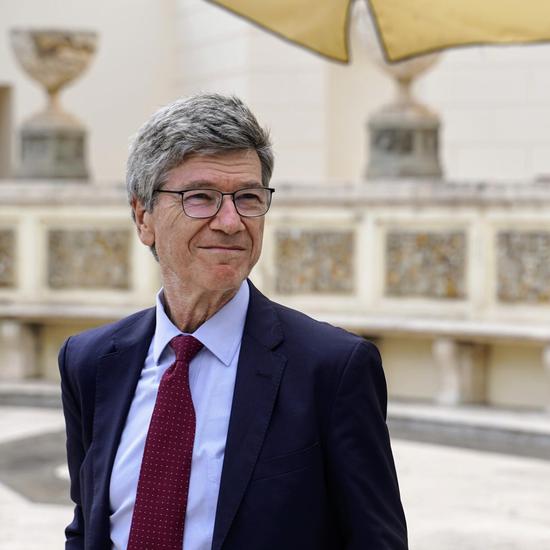
Profile photo of Professor Jeffrey D. Sachs.
By Wang Fan
(ECNS) – The United Nations' Sustainable Development Goals (SDGs) require greater global cooperation, and China's achievement is an inspiration, said Professor Jeffrey D. Sachs, director of the Center for Sustainable Development at Columbia University.
From 2001 to 2018, Sachs served as Special Advisor to several UN Secretaries-General, namely Kofi Annan, Ban Ki-moon, and Antonio Guterres. He says that the SDGs are feasible goals and will lead to “the future we want.”
“The SDGs represent the aspirations of people around the world to end poverty and hunger, ensure all people have access to health and education, protect the environment, end discrimination against girls and women, and provide 21st century infrastructure,” Sachs said.
“They are feasible goals, but they require much greater global cooperation, and much greater funding for low-income countries,” he said while urging that “the G20 should take on the responsibility to ensure that the SDGs succeed.”
Among the 17 goals of the UN’s 2030 Agenda for Sustainable Development, ending poverty is the first goal, known as SDG 1. Earlier this year, China met the poverty eradication target of the agenda, about ten years ahead of schedule.
When talking about China's achievement of eradicating absolute poverty nationwide, Sachs said “it was a remarkable success, probably the most remarkable economic transformation in history.”
“China has proven that extreme poverty can be ended rapidly in just two generations,” he said. “The remarkable success is an inspiration and roadmap for the world.”
“China invested heavily in people, infrastructure, and business development,” he continued, “this is the right strategy for Africa, as well. Yet Africa needs increased financing to make this possible.”
This year marks the 50th anniversary of the restoration of the lawful seat of the People's Republic of China in the UN. Over the past 50 years, China’s cooperation with the UN has expanded and deepened. It has supported other developing countries in their paths of sustainable development.
“I see China’s support of multilateralism and the UN Charter as very important for the world and also very important for China,” Sachs said. “The U.S. should join with China actively in promoting the UN Charter and UN upgrades for the coming years.”
On Oct. 11, UN Secretary-General Antonio Guterres said that the SDGs are at a real risk of failure, as our world continues to face very serious challenges. He warned that solidarity is missing in the action.
Sachs agreed that solidarity is very important at this time and hoped the world’s regions cooperate so that the roadmap to sustainable development will be much clearer, a dangerous new arms race and conflicts that could threaten humanity will be avoided, and resources to help the world’s poorest and most vulnerable nations will be pooled in a coherent way.
“The U.S. should view the Belt and Road Initiative, for example, in a positive light, as an opportunity for cooperation, not a threat to counteract,” he said.
To help achieve the UN SDGs, Sachs suggested that the U.S. and China should build on the G20 Sustainable Finance Working Group that they co-chair to establish a high-level SDG Working Group.
“If the U.S., China, and the EU committed fully to working closely together for the success of the SDGs, we could indeed end poverty, hunger, and suffering in the world in a remarkably short period of time,” he said.
In his book The Ages of Globalization: Geography, Technology, and Institutions (2020), Sachs said that many dimensions of sustainable development will require public goods on a multi-country or global scale in the 21st century.
In this regard, Sachs believed that “the UN is a remarkable creation, the first functioning system to achieve global rule of law.”
He said that the UN was created in 1945 in a U.S.-led world and now it should be upgraded and reformed for the multi-polar world of the 21st century. His advice on the UN’s reforms included stronger regional entities, a larger core budget for the UN, and better representation in the UN Security Council.
When asked about what work UN Secretary-General Antonio Guterres should prioritize at this moment, Sachs gave his advice: “We should achieve the SDGs by 2030 and the Paris Agreement by 2050. We should do so through enhanced global cooperation and systematic financing for the low-income countries to enable them to break free of extreme poverty and hunger. We should especially help all young people in all parts of the world to get a strong education and have access to good nutrition and healthcare so that they can grow and prosper and achieve a prosperous and sustainable future.”



























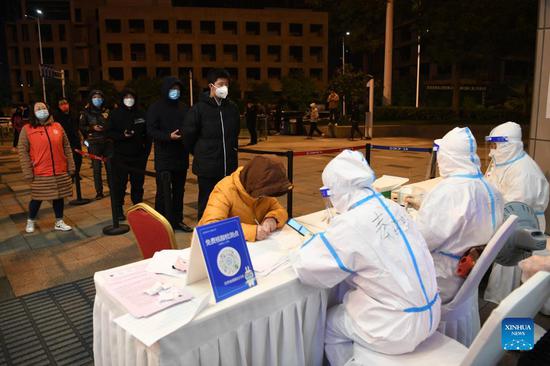









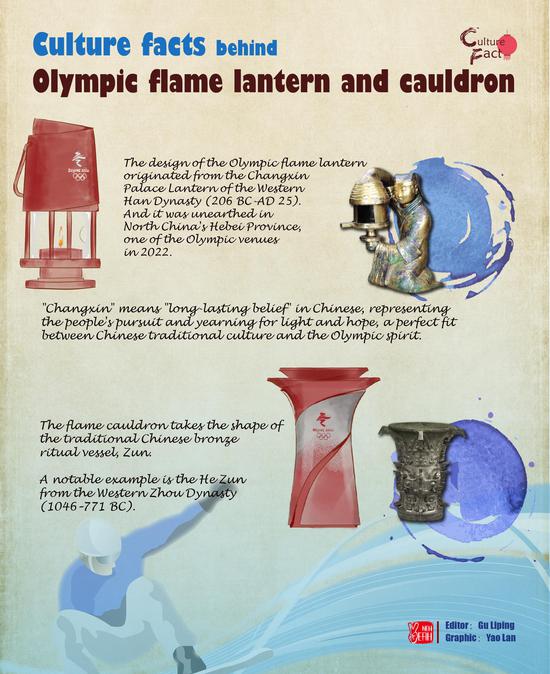


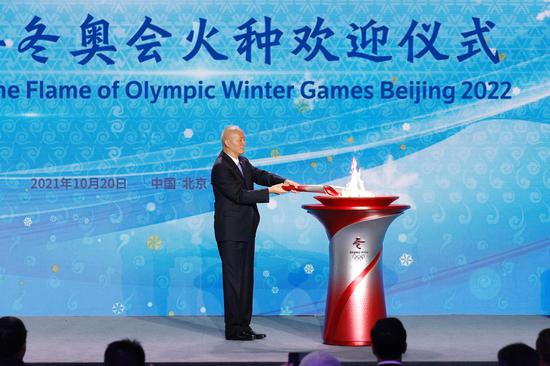

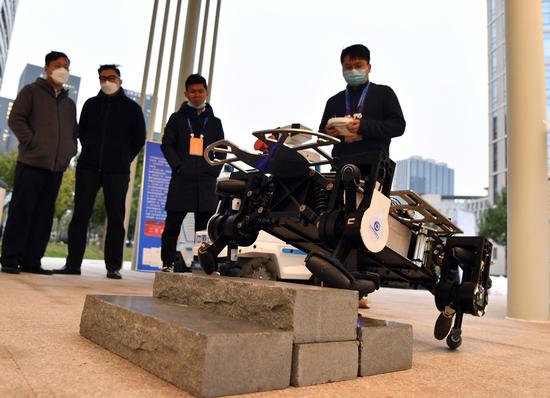







 京公网安备 11010202009201号
京公网安备 11010202009201号